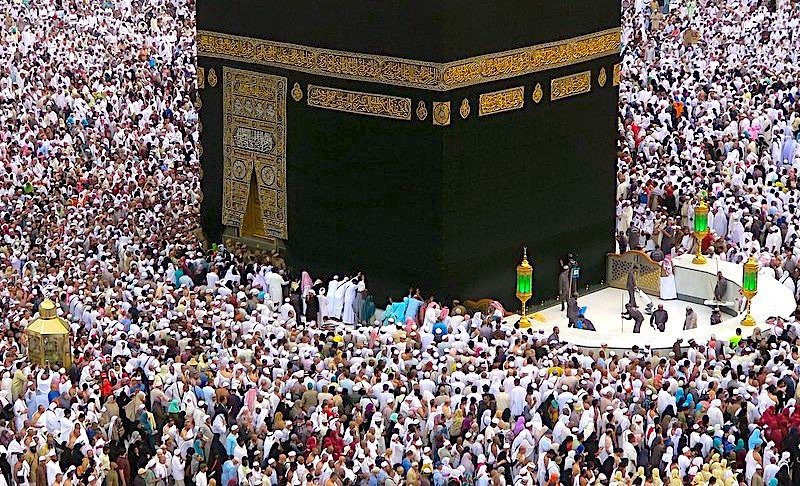For Saffet Abid Catovic, being kind to the environment is an act of faith. It respects the example set by the Prophet Mohammad and those before him, Abraham and Ishmael, who, it is said, strove to find balance between humans and nature. So it seems fitting that Catovic and his family made a personal commitment to ensure that their first pilgrimage to Mecca — also called the Hajj — was a sustainable one.
“We need to follow in the footsteps of their eco-conscious practices — although they weren’t called that at the time — so that their experiences performing the rituals and interacting with the natural world might make for an accepted, blessed and complete Hajj,” Catovic said. “The rocks, the plants — they are for the service of God, and we are here for the service of God. The entire earth is a place of prayer. We keep it clean. We keep it non-polluted. That service cannot be done by harming God’s house of worship.”
The journey to Mecca is one of the five pillars of Islam, which also include faith, prayer, charitable giving, and fasting during Ramadan, and are the tenets every observant Muslim lives by. Everyone who practices Islam — and is able — is expected to make the Hajj at least once in a lifetime.
Read the rest at Sojourners.
Marlene Cimons writes for Nexus Media, a syndicated newswire covering climate, energy, policy, art and culture.

